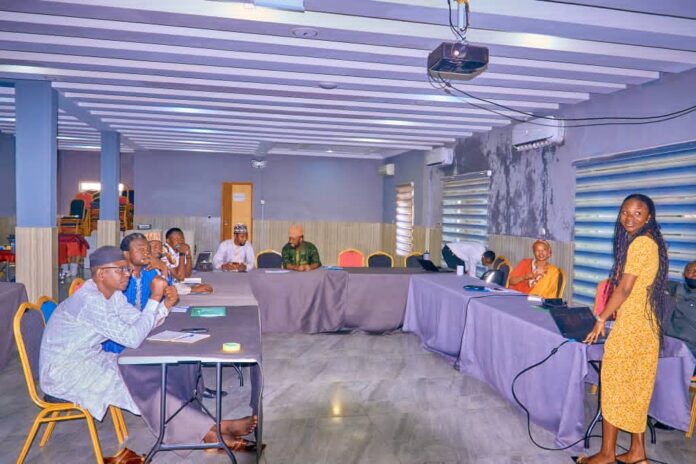Danjuma Michael, Katsina
A Non Governmental Organization, Save the Children International (SCI), has called for more media coverage of issues affecting children in the country as doing so would enable policy makers take actions that promote the interests of children.
The NGO made this known at a three-day workshop held at the Butterfly Hotel, Kaduna State, for selected working journalists from Katsina and Adamawa states.
Speaking, a SCI official, Mrs Altine Lew said the rights of the children is paramount for the development of any society, and that the media needs to partner with child-focused organisations for credible data and insights for their reportage.
Lew said there was need for journalists to be trained or re-trained on reporting child-sensitive issues, and that reporters need dedicate regular airtime or columns to children’s issues.
She also said media needs to promote national and international observances like the Day of the African Child or Universal Children Day to ensure due attention is given on the rights of children.
She also called for responsible use of the social media by practicing journalists to share positive child-centered messages.
“The media plays a significant role in shaping public perception of children’s rights. It influences attitudes, polices, and actions that affect children.
“Media framing determines whether child issues are seen as family matters or public priorities. Consistent, child-sensitive coverage encourages decision makers to act on their rights.
“How children are represented in the media strongly impacts how their rights are understood and respected.”
She identified positive media practices that promote the rights of children to include using respectful language and images of children, seeking informed consent before interviews or photos, and protecting children’s privacy and identity.
Others, according to her, are focusing on solutions, not only on problems that affect children.
She also identified harmful media practices that hamper children rights to include stereotyping or labeling children by gender, poverty, or disability, and exposing survivors of abuse or conflict.
Others are publication of sensational or unverified stories, and using children’s images for sympathy or fundraising without consent.
“Children deserve to be seen, heard, and protected, and the media must be their ally not their threat,” she added.




